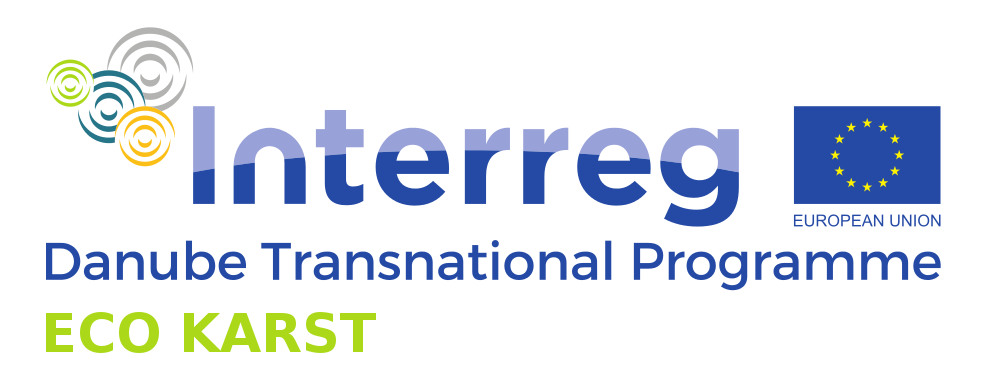Case Study
ECO KARST – a project for Nature and for People
Contact name
Sašo Gorjanc / András Schmotzer
Institution name
Slovenia Forest Service / Bükk National Park Directorate
Region & country
Danube Region, Southeast & Central Europe
Summary
The project built on the opportunity to use the natural heritage of seven protected areas in central and south-eastern Europe as an economic development factor. All project pilot protected areas are conserving karst phenomena and biodiversity, while being situated in considerably different socio-economic contexts both within and outside of the EU. The project supported development, based on a sustainable management and awareness of the vulnerability of karst ecosystems. By doing so, the project also increased pro-biodiversity business (PBB) opportunities.
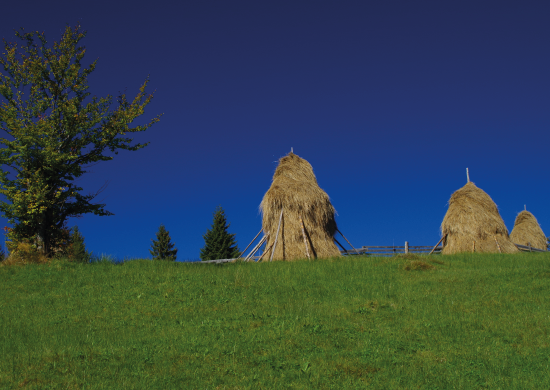
Traditional haymaking in Apuseni Nature Park (Romania)
András Schmotzer
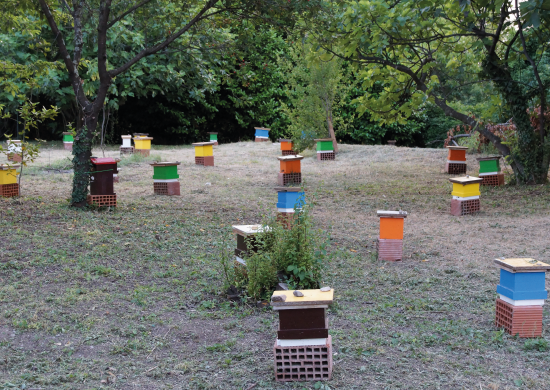
Traditional beekeeping in Notranjska Regional Park (Slovenia)
Udo Gattenlöhner
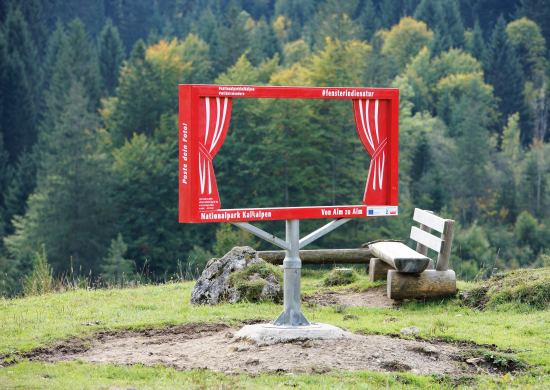
'Window in the Nature' board in Kalkalpen National Park (Austria)
Udo Gattenlöhner
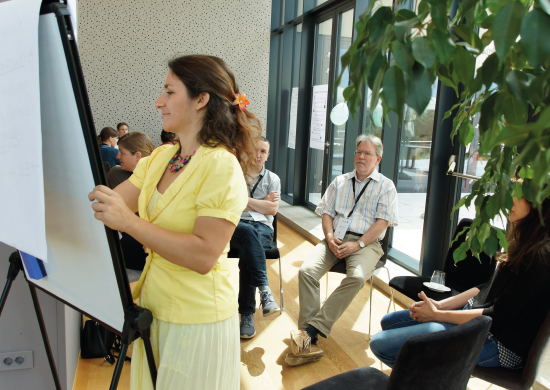
Teamwork for common karst strategy at the final event (Postojna, Slovenia)
Udo Gattenlöhner
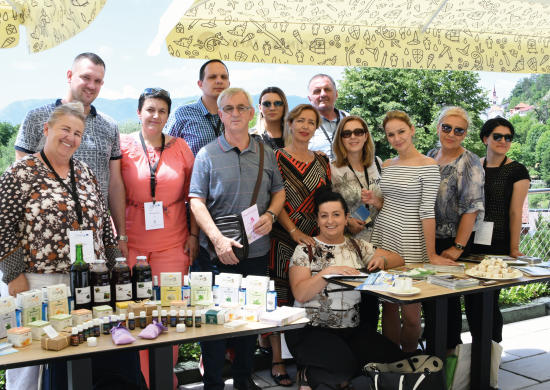
International PBB Fair at the final event (Postojna, Slovenia)
Udo Gattenlöhner
Background of the project
Conflicts between local populations and nature conservation objectives often occur, especially in protected areas. The perception that nature conservation prevents progress and local development is still present in many protected areas. It is therefore essential to develop ways in which these conflicts can be avoided and to encourage the development of fruitful collaboration between people responsible for nature conservation and the local population.
During the project implementation we identified the importance of the involvement of the local stakeholders. All pilots organised a series of a three-round workshop where the possible future steps and actions were identified. Several opportunities in the pilots are relevant for the development of a variety of sectors.
Solution and actions taken
We have followed a stratified guideline to reach our results (ecosystem mapping – evaluation – opportunities – stakeholder analysis and involvement). Together, the Action Plans and PBBs have been a vital step in bridging the gap between the needs of biodiversity preservation and the improvement of the livelihoods of local populations.
The first step was to map the ecosystem services generated by the karst habitats in these seven sites. The 57 maps that were produced, were then analysed, in close collaboration with local stakeholders, to identify areas that could become Biodiversity Investment Opportunities (BIO). In the prepared Local Action Plans, each protected area aimed to combine the necessary conservation guidelines with the potential for local, sustainable, and nature-friendly economic development.
Other institutions or parties involved
Slovenian Forest Service (lead partner; SI)
Notranjska Regional Park (SI), Nature Park Žumberak – Samoborsko gorje (HRV), Kalkalpen National Park (A), Bükk National Park Directorate (H), Apuseni Nature Park Administration (RO), Cantonal Public Institution for the Protected Natural Areas Sarajevo (BIH), National park Tara (SRB) and Global Nature Fund (DE), Centre for Ecological Research (H), CENER 21 (BIH), Parks Dinarides (ME)
Results
All pilots are in the implementation phase of their Action Plan. E.g. In the official website of the Bükk National Park Directorate in every month a local green entrepreneur introduces him / herself. We try the keep this local and also international network for further steps (e.g. regional brands, joint actions).
The results of the project were also recognised by the European Commission, which included the project amongst the finalists for 2020 Natura 2000 Award.
Challenges
The vastly different socio-economic backgrounds and to a certain extent the political climate in the countries often exacerbated the management difficulties already posed by the karst nature of the protected areas. Public participation processes were often not well utilised before and the project demanded large amount of work to ensure coherent implementation of project activities and meaningful involvement of relevant stakeholders.
Lessons learned
The project results show that the concept of ecosystem services can be repurposed and that the controversial aspects of the concept can be turned into mutually beneficial actions. A clear example is avoidance of monetary valorisation of ecosystem services and instead using them to determine acceptable economic activities within and around protected areas and develop Pro-Biodiversity Businesses on this foundation.
Other resources
Contact name
Sašo Gorjanc / András Schmotzer
Institution name
Slovenia Forest Service / Bükk National Park Directorate
Website(s)
